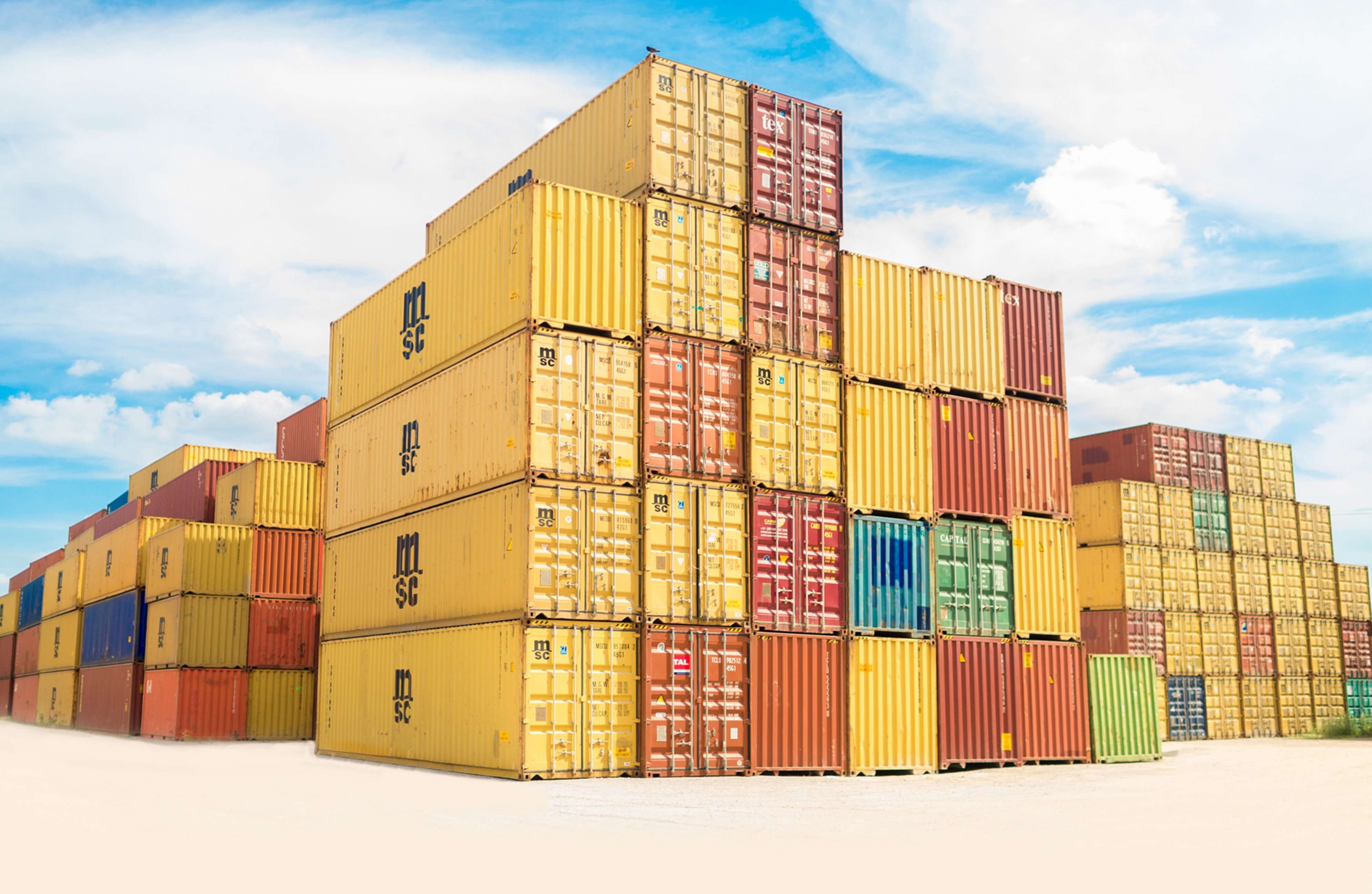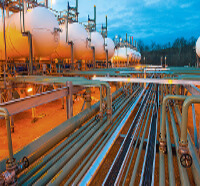 The European Union has picked up President Donald Trump’s tariffs challenge and is considering responding with trade countermeasures. The WTO rules afford its members the possibility to impose temporary levies as safeguard. At the same time, it allows its members to retaliate proportionately in case the new trade restrictions are not adequately compensated within 90 days.
The European Union has picked up President Donald Trump’s tariffs challenge and is considering responding with trade countermeasures. The WTO rules afford its members the possibility to impose temporary levies as safeguard. At the same time, it allows its members to retaliate proportionately in case the new trade restrictions are not adequately compensated within 90 days.
The European Commission is ready to exercise these retaliatory policies against the announced tariffs by the US administration, namely 25% on steel and 10% on aluminum. Experts estimate that the tariffs to be imposed by President Trump could affect €6bn in steel and aluminum exports. While the EU still hopes to avoid a full-blown trade war, European Commission officials have already presented EU member states with €2.8bn list of more than 100 US products that could be affected.
The retaliation would likely affect a variety of products from sensitive Republican-dominated states, such as cosmetics and clothing, Harley-Davidson motorbikes, orange juice from Florida and bourbon-whiskey from Kentucky. This list is on hold for the time being and it would require the approval by EU member states.

 All stakeholders and citizens with an interest in aviation are called to contribute to the recently commenced consultations that will culminate in the reform of the 2008 Regulation on air services. The revised Regulation is aimed on ensuring fair competition among EU air carriers and on protecting workers and consumers from unfair commercial practices by non-EU operators.
All stakeholders and citizens with an interest in aviation are called to contribute to the recently commenced consultations that will culminate in the reform of the 2008 Regulation on air services. The revised Regulation is aimed on ensuring fair competition among EU air carriers and on protecting workers and consumers from unfair commercial practices by non-EU operators. Starting from January 2018, China notified the WTO that it will ban the importing of 24 categories of waste, including plastics and mixed papers, on grounds of environmental and public health protection.
Starting from January 2018, China notified the WTO that it will ban the importing of 24 categories of waste, including plastics and mixed papers, on grounds of environmental and public health protection. On February 2018, the European Commission has invited all interested parties to submit their views on the energy efficiency and eco-labelling of a series of commonly used electric and electronic devices. The European Commission, welcomes the views of stakeholders and citizens alike on the eco-design of refrigerators, washing machines, dishwashers, household lamps, televisions and computers. The public consultations will inform the ongoing evaluation and will result in the preparation of regulations specific to each product category.
On February 2018, the European Commission has invited all interested parties to submit their views on the energy efficiency and eco-labelling of a series of commonly used electric and electronic devices. The European Commission, welcomes the views of stakeholders and citizens alike on the eco-design of refrigerators, washing machines, dishwashers, household lamps, televisions and computers. The public consultations will inform the ongoing evaluation and will result in the preparation of regulations specific to each product category. Banning diesel cars from German cities is a legitimate tool to improve air quality and protect public health according to Germany’s Federal Administrative Court. Precisely how many vehicles might be affected by the ban remains unclear, since diesel technology has long been the locomotive of the global automotive industry. Debate on the excessive amount of nitrogen oxides in the air has prevailed for years but the political dimensions of the issue started only recently.
Banning diesel cars from German cities is a legitimate tool to improve air quality and protect public health according to Germany’s Federal Administrative Court. Precisely how many vehicles might be affected by the ban remains unclear, since diesel technology has long been the locomotive of the global automotive industry. Debate on the excessive amount of nitrogen oxides in the air has prevailed for years but the political dimensions of the issue started only recently.
 After a record number of entries for 2017, the finalists for the EU Public Affairs Awards have finally been revealed. Building on the success of the previous year, the second round of the most prestigious lobbying event took place this November in Brussels.
After a record number of entries for 2017, the finalists for the EU Public Affairs Awards have finally been revealed. Building on the success of the previous year, the second round of the most prestigious lobbying event took place this November in Brussels. Amidst increasing complaints, mainly from small and medium market players, the European Commission is launching a series of initiatives to promote fairness in platform to business relations. The initiative is part of a wider strategy to promote transparency and fairness in the Digital Single Market, including countering the recent scourge of fake news.
Amidst increasing complaints, mainly from small and medium market players, the European Commission is launching a series of initiatives to promote fairness in platform to business relations. The initiative is part of a wider strategy to promote transparency and fairness in the Digital Single Market, including countering the recent scourge of fake news. The EU has launched a final call to arms to complete the existing Gas Directive and clarify the EU energy principles by common rules for gas pipelines, which enter the internal gas market. The objective is to step up efforts to maintain viable alternative gas transit flows after failing to derail the Nord Stream 2 link. The new rules are about to apply to existing and future, domestic and offshore pipelines alike.
The EU has launched a final call to arms to complete the existing Gas Directive and clarify the EU energy principles by common rules for gas pipelines, which enter the internal gas market. The objective is to step up efforts to maintain viable alternative gas transit flows after failing to derail the Nord Stream 2 link. The new rules are about to apply to existing and future, domestic and offshore pipelines alike. The European Commission is going ahead with plans for a fair taxation regime on digital giants, aiming to balance the low tax regimes that cost EU governments billions of Euros in foregone revenues. The objective of the initiative is to define a fair, efficient and growth friendly approach to the taxation of digital economy.
The European Commission is going ahead with plans for a fair taxation regime on digital giants, aiming to balance the low tax regimes that cost EU governments billions of Euros in foregone revenues. The objective of the initiative is to define a fair, efficient and growth friendly approach to the taxation of digital economy.